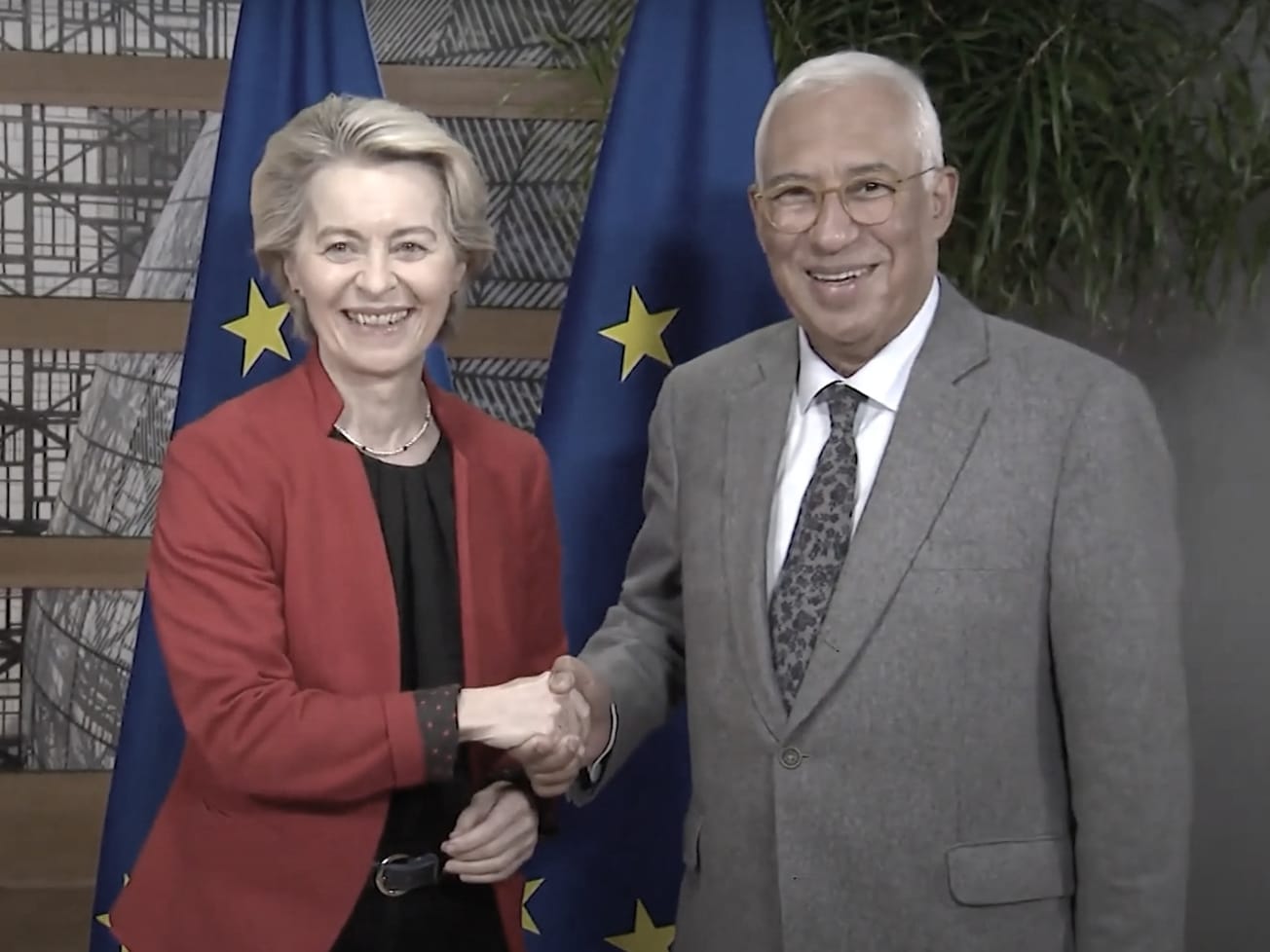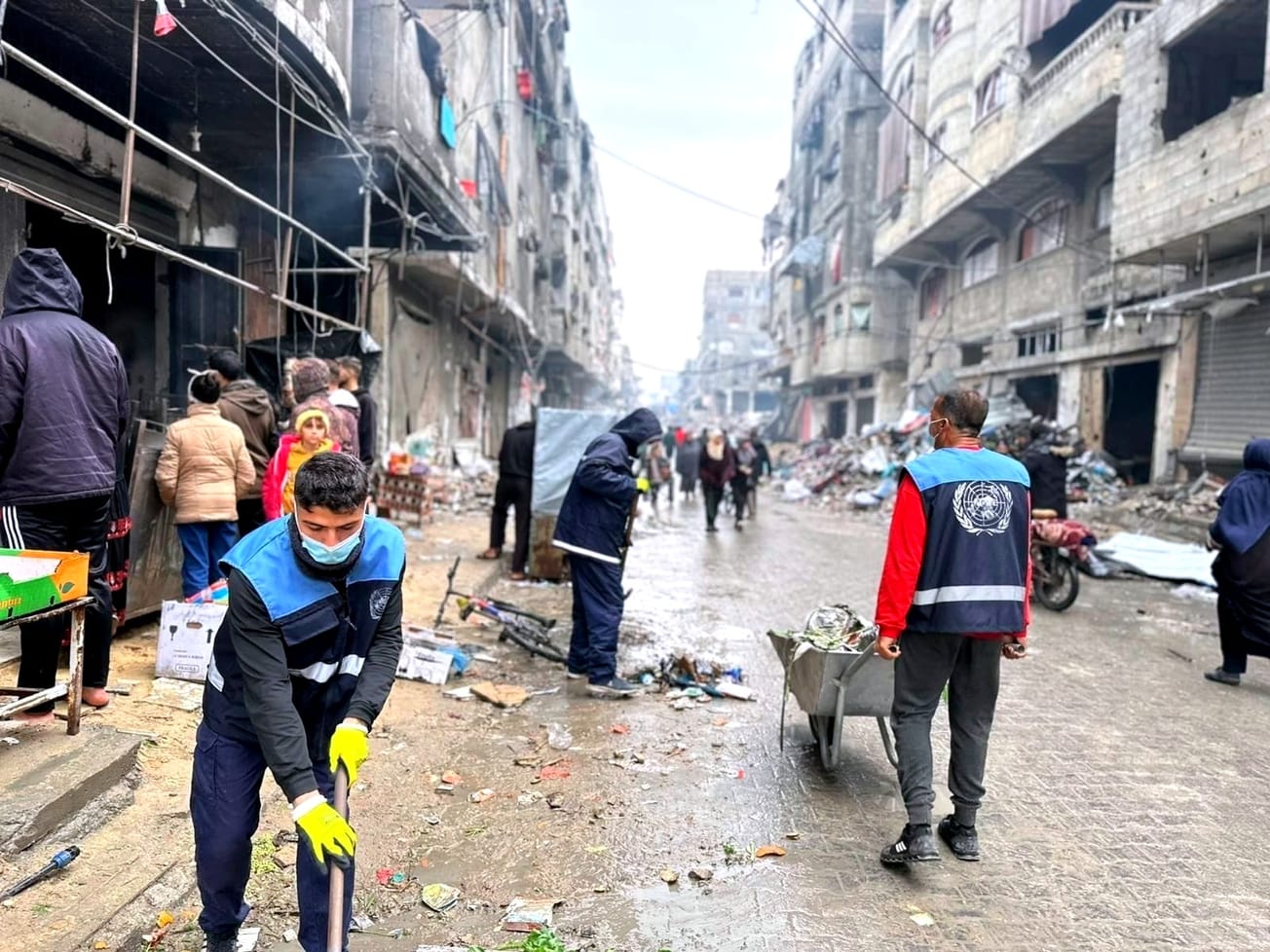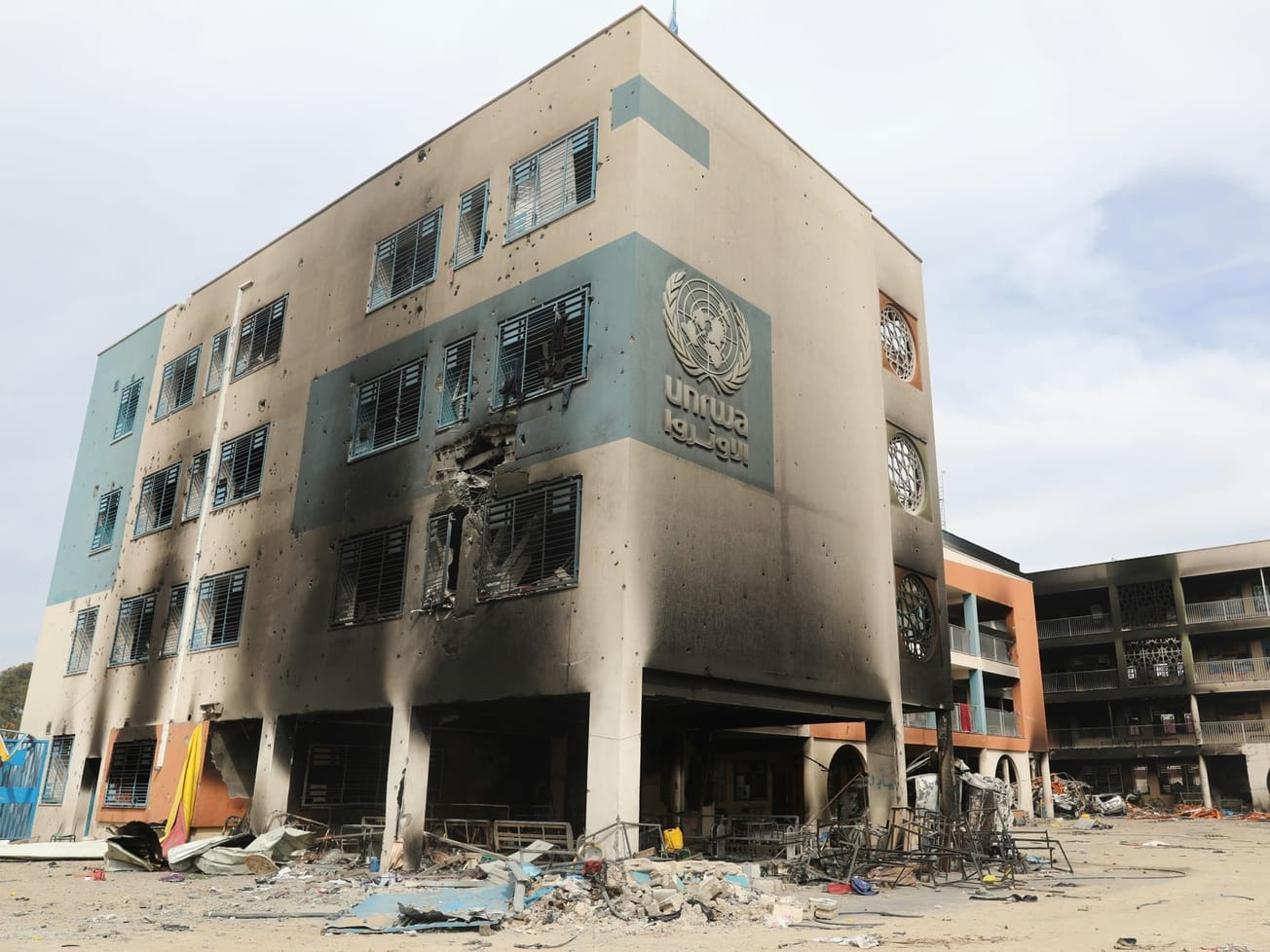The International Criminal Court, dozens of nations and European leaders slammed U.S. President Donald Trump's order imposing sanctions aimed at blocking the court's investigations of Israel and the United States.
"The ICC condemns the issuance by the U.S. of an executive order seeking to impose sanctions on its officials and harm its independent and impartial judicial work," The Hague-based war crimes tribunal said on Friday.









